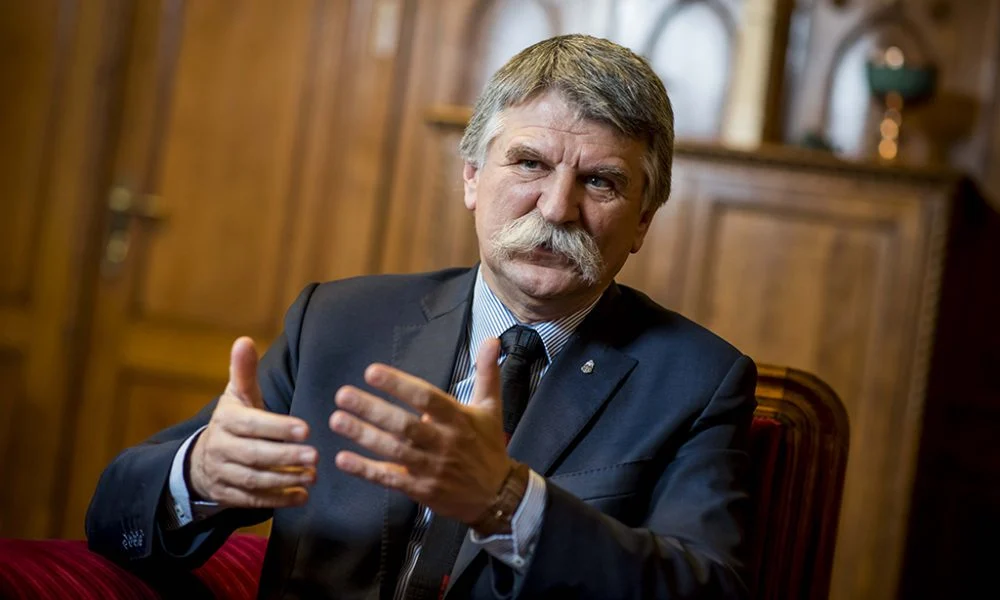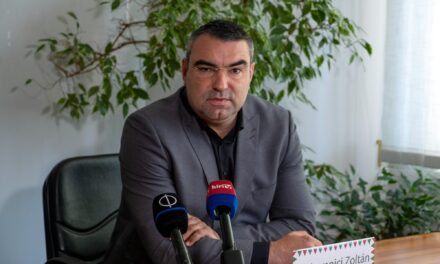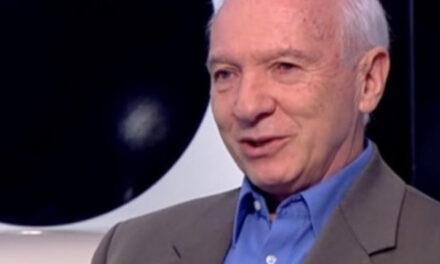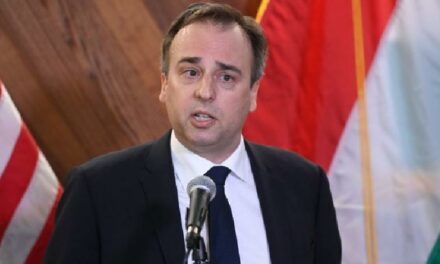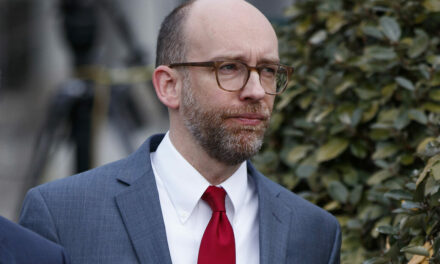The Speaker of the House said in the interview: the Russian-Ukrainian war changed the geopolitical map of the world.
He emphasized that as the sanctions policy began, it became increasingly clear: there are efforts to separate Russia from Europe, from the European Union, both economically and politically, by creating a "new iron curtain". These are not necessarily European initiatives, but the European political elite has for some reason become an enthusiastic supporter of this, he added.
According to László Kövér, all of this means that economic and political cooperation based on the mutual and fair consideration of interests, which could have created a unified Eurasia from Portugal to South-East Asia, seems to be failing at the moment.
The President of the National Assembly emphasized that neither international law nor human moral rules can absolve Russia of the charge of aggression. "Whoever fires the first shot is basically responsible," he said.
However, according to him, the Western world also made a strategic mistake when it tried not only to remove Ukraine from Russia's sphere of interest, but also to turn it into a large population and armed base against Russia.
The sanctions policy has harmed Europe much more than Russia, declared the President of the National Assembly. He said:
we should fight in Central Europe so that the region does not become the eastern periphery of a North Atlantic empire, and should remain much more of a mediating zone than before.
According to László Kövér, the armed conflict should be ended as soon as possible, and then a new Central European or European peace system would be needed, in which each other's equitable security needs are taken into account.
He noted about Ukraine: there is still a lot to be done before it can truly become a country that can be considered for joining the European Union with the help of the West. This is the interest of the Hungarians, and we must strive towards this, and in terms of international law
It is Ukraine's sovereignty between its internationally established borders that it must reclaim, including the Crimean peninsula. This can only change if Ukraine also agrees
he added.
Regarding NATO, he said: at this moment, it must take a defensive position and prepare for the otherwise unlikely scenario that Russia extends this war to the territory of one of the NATO member states. He praised NATO's political and military leadership for the wise course of action to prevent the possibility of this war escalating.
He also touched on the fact that there is a visible fault line in Central Europe, between the Baltic states, Poland and Romania, which are forcing a break with Russia once and for all, and the more pro-peace Czech Republic, Slovakia and Hungary. We should sit down and talk to understand the other's point of view, he stated.
László Kövér would like it if
the Visegrád Four could return to the track where they concentrated on those issues in which there was a meaningful agreement or identity of interests.
Speaking about the sanctions, he said: a normal middle ground would be necessary, but most of all, one should not have entered a street that seemed to be a dead end from the start.
He said the following about the voting on sanctions:
if all the Hungarian government can achieve is to remove Hungary from the consequences of the sanctions that affect it the most, then it is right if it only strives for that much and, if it can, then make a compromise.
The Speaker of the House cited Denmark as an example - but the British were also like that - which already at the time of accession imposed certain conditions on what kind of European cooperation they did not want to participate in.
Speaking about the European Union's conditionality procedure, László Kövér emphasized that the Hungarians have practically fulfilled the expectations that were specified in a negotiation process with the European Commission. It is not worth making a complaint after leaving the checkout, he noted.
Among the undertakings, there is one that - the amendment of the powers between the National Judicial Council and the National Judicial Council - will slip into the spring legislative tasks in time, he explained. He also touched on:
the vote on Finnish and Swedish NATO accession is expected at the beginning of the spring session.
According to László Kövér's expectations, the end of the war and the management of its consequences will be at the center of the debates in the 2024 election year.
Obviously, the European Parliament election will also be about what path the European Union should follow starting another cycle, he said.
The question is whether we have the sovereignty to formulate our own interests and then resolve them in debate, argumentation, even democratic discourse, conflict, but in a kind of compromise, a common solution, he opined.
According to László Kövér, this is the essence of the union, and anyone who tries to implement a different policy is going against what the European Union was created for.
So, paradoxically, the more national the governments that will be represented in the European Council will be - although this is not decided by the European Parliament elections - the greater the chance that Europe will develop an optimal policy in terms of its own common European interests
said the President of the Parliament in the interview.
MTI
Photo: MTI

